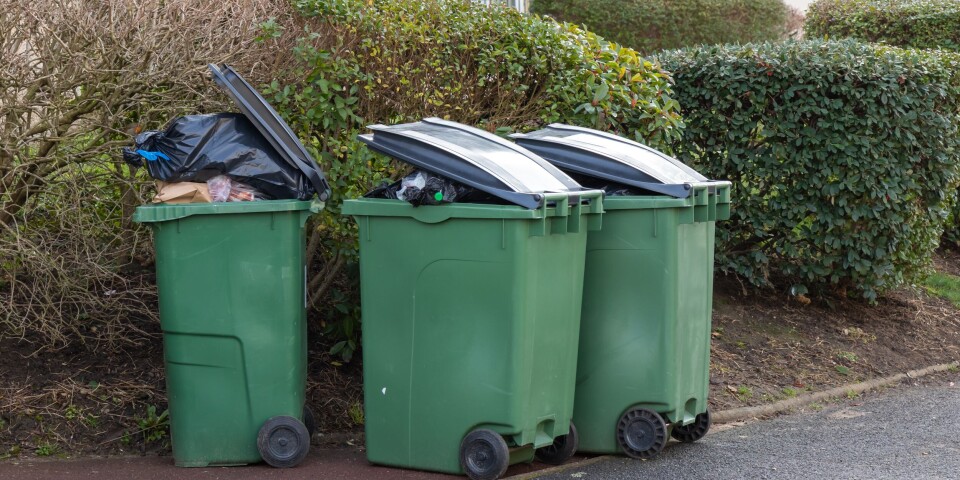-
Air France expands US schedule with direct Paris-Las Vegas route
Airline now offers 19 US destinations
-
2025 small business VAT reform definitively cancelled after Senate vote
New 2026 proposals remain on table but likely to be struck out as MP debates get underway
-
Small drop in percentage of French visa applications being declined
Roughly one in every six visa requests refused in 2024
France approves three-year use of controversial pesticide
The Constitutional council has approved the use of neonicotinoids for three years, even though they are harmful to bees and other animals

The constitutional council gave its approval yesterday (December 10) for sugar beet farmers in France to use insecticides known as neonicotinoids for the next three years.
Neonicotinoids are known to be harmful to bees and have a negative impact on biodiversity, but in October French MPs passed a law allowing their use.
The law was then referred to the constitutional council by over 100 MPs and senators who opposed it. They hoped the council would rule against the law on the grounds that it contravened France’s environmental charter, in place since 2005.
But in a statement released yesterday, the council said they found that the law “conforms to the constitution, bearing in mind the guarantees that are in place, in particular limits which will end the use [of the insecticide] on July 1, 2023”.
The council also noted that the law specified that the pesticide has only been approved for use as a coating on sugar beet seeds, but cannot be sprayed directly onto plants.
Mixed reaction to council approval
The news has been greeted with relief by sugar beet farmers who have lost an estimated €280million worth of crops to jaundice, caused by aphids, while facing increasing competition from overseas producers. Sugar beet is grown commercially for sugar production.
Franck Sander, president of the sugar beet union told news source FranceInfo: “This is really good news.”
Agriculture Minister Julien Denormandie added: “The decision we have been able to take on sugar beets is a question of sovereignty.”
But ecologists are less happy about the council’s ruling. Delphine Batho, president of green party Génération Écologie said: “[We are] disappointed with regards to the serious regression that the rehabilitation of this poison constitutes, and the monstrous consequences for pollinators, birds and many other species.”
Related stories
French beet growers fight for neonicotinoid exemption
























